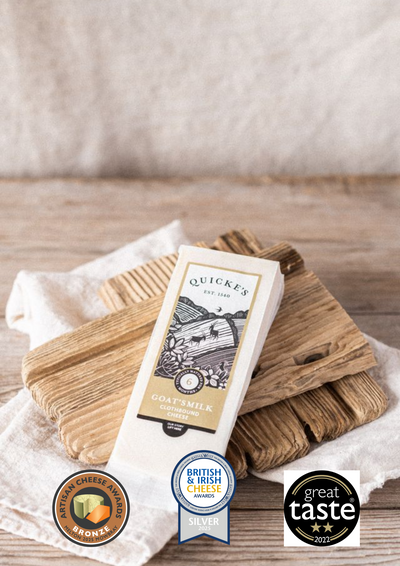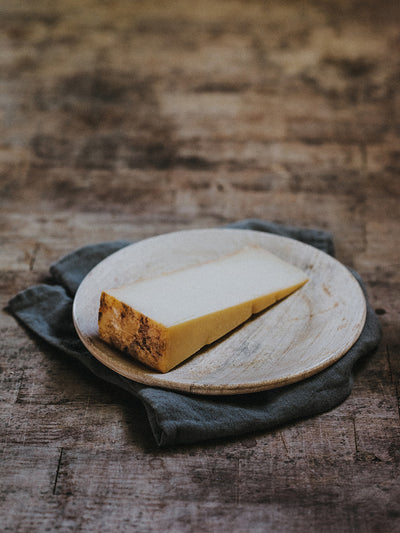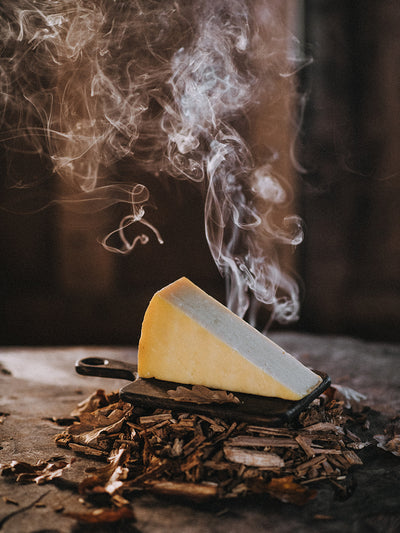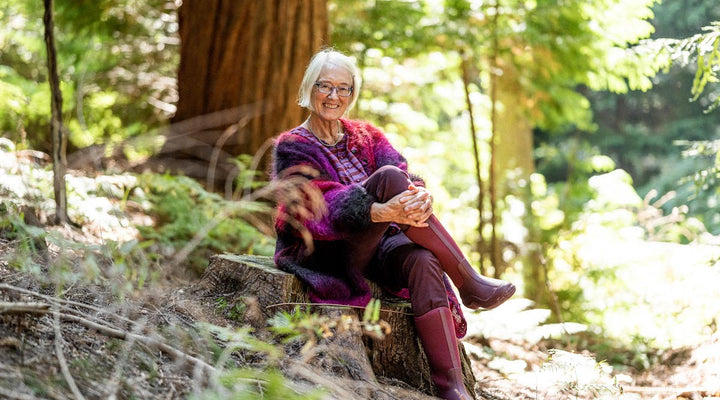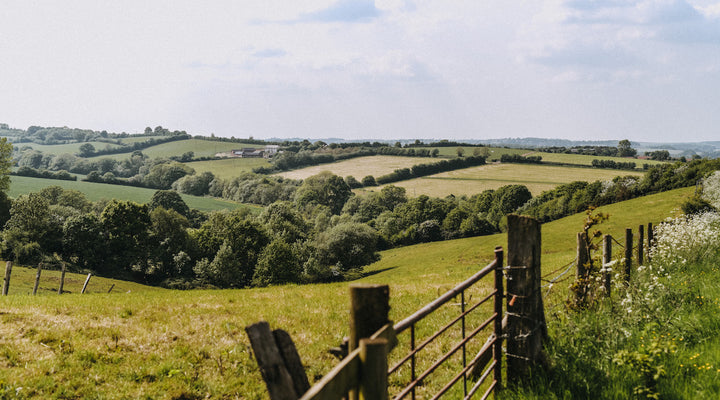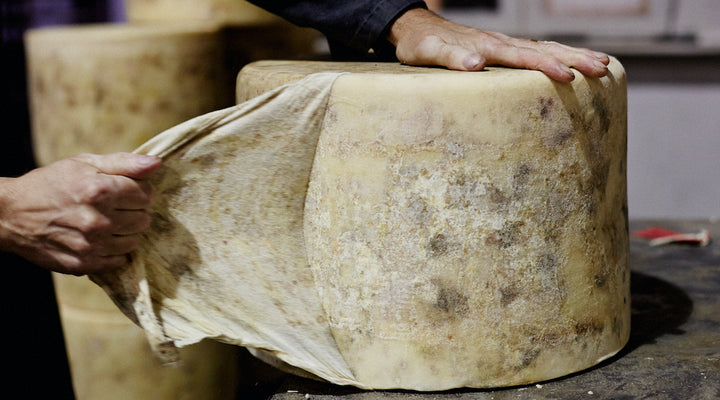April is a time of growth and renewal, the joy of having made it through the winter, the celebration of new life, and the start of the race of life to flourish flower and fruit before the next lean time. I’m standing for our leaders across the world celebrating spring with peace, harmony and the freedom to flourish in Ukraine. Ukraine has some of the finest black soil, chernozem, in the world, and their farmers need to be planting their spring crops, including the largest area of sunflowers to feed their people and the world.
Here in Devon, the wealth and richness of spring unfolds. The scented nodding flowers of bluebells succeed the white stars of wild garlic. Above us, millions of tree leaves unfold, embryo to child to adult leaf miraculously in a day or so. Leaves power a great mechanism of water and minerals coming up from the roots, sunlight and carbon dioxide turning into all the nutrients that feed life on earth. We are learning about the conversations across the soil run by roots and fungal mycorrhiza sending nutrients to neighbouring plants, feeding the whole soil ecosystem in a silent, self sustaining harmonious whole. As a species, we have so much to learn from everything around us about being part of mutually sustaining systems.
We are tending our crops. We grow spring barley and spring oats to given us grain to sell and to feed, and straw to feed and to bed animals, and pea and barley mix to make into a silage with maize to give a rich silage for our cows. The manure from the animals will go back to the soil to repay it for its generosity in feeding us and to replenish the organic matter released in growing arable crops. It’s difficult to see how to keep soils producing food for us without symbiosis with animals. That was the key insight that drove the agricultural revolution. More recently, people thought they can grow crops with just fertiliser made from gas and mined, and that is extractive thinking that forgets the soil’s contribution to life, the organic matter it donates to cropping systems which must be repaid for the soil to continue to feed us.
The pastures grow, now faster than the cows can graze. Their manure feeds the soil, powering the next flush of grass. Our young animals graze the further parts of the farm. It’s a balance between the ecological richness of those areas and the grass, clover and other herbs we need to grow the animals. Some fields we leave for longer, becoming more stalky, less good feed and richer in other plants. That works for heifers coming in to calve, where they are already well grown and we don’t want the calves to be too big for the heifers to calve without assistance. It’s the balance we work at: how to steward our land, the planet and its wildlife for the long term at the same time as feeding people at a sensible cost that they are willing and able to pay.
The spring cows are nearly all calved, and already are forming hot little knots as their hormones start telling them it’s time to get pregnant again. Every 21 days from just a short time after calving they look around and frolic to find what they need. We deny them until their bodies have time to recover a little from calving by next month, and that doesn’t stop them asking. At any one time around a seventh of the herd will be hot and playful.
Their milk has this friskiness, driven by the leafy rich grass. It’s become easier to handle in the cheese dairy now the cows are out grazing both day and night. The fats in the cheese become more luscious and melting from the grass. Malcolm Mitchell, Cheese Dairy Manager uses his skill and experience to guide the Cheesemaking to find the beautiful cheese in each vat of milk whatever the season. This month, he’s been with us for 39 years. He has a amazing depth of knowledge about the milk and how it makes into cheese. It’s a privilege to work with him and see his judgements unfolding.
We are so looking forward to the Affineur of the Year Competition at the end of the month. 10 of our cheeses made last February have been on their travels, maturing in other stores and with other methods. We are going to come together in London to taste all the cheeses and find a winner. It’ll be a wonderful evening of cheese love. We mature the cheese in the way that we know to. I can’t wait to see how others have done it and the impact on the cheese. I want to learn other ways for us and for the whole world of naturally rinded cheese to find out what is possible.
Recipe: over the Easter weekend I’ll be having some pancake, cheese and garden produce fun. Take some interesting flours, I’ll be using tef, singoda, and buckwheat. Make the pancake batter with milk and egg, split between the different flours in different jugs. Add a choice of Quicke’s Hard Goats Cheese, Mature Cheddar and Smoked Double Devonshire to the different jugs of batter. Make a bechamel sauce, again split between the different cheeses, keep warm. Cook the pancakes and play tunes on the different bechamel sauces in the different pancakes. Add a good tablespoon of cheesy bechamel sauce to each pancake and roll-up. I will garnish with chopped parsley, chervil and watercress separately for more t

